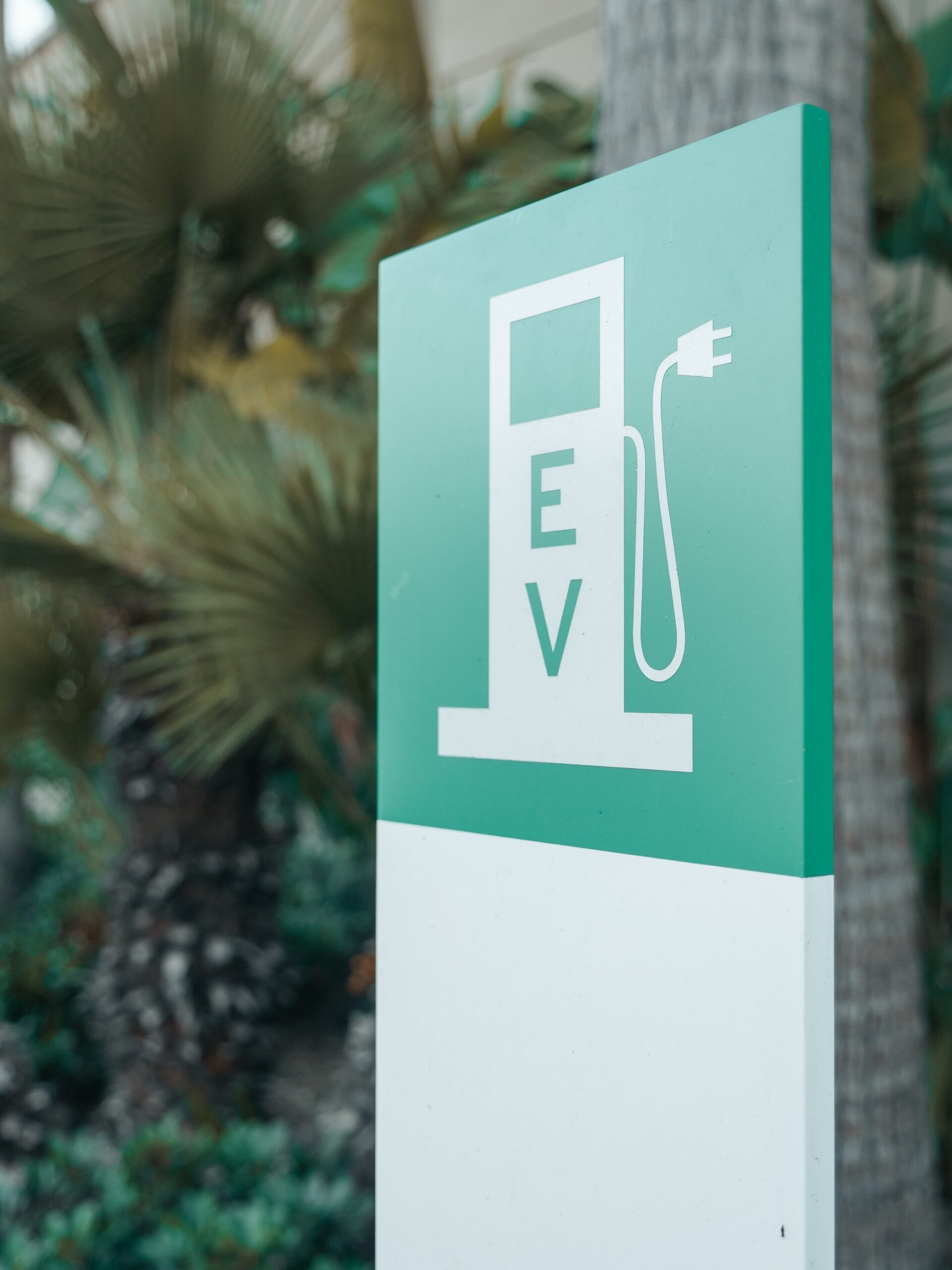The electric vehicles (EV) wave has stirred the automotive industry and caught investors’ attention in the last two years. Electric vehicle companies like Tesla (TSLA), Ford (F), and Nio (NIO) saw a triple-digit, and even four-digit surges in their share price.
The sudden attention to EVs comes as governments worldwide are actively taking steps to reduce carbon emission, of which internal combustion vehicle is the largest contributor.
The electrification of vehicles has accelerated backed by policy support and technology advancements in battery and EV models. Prices of the lithium-ion battery have dropped 89% from 2010 to 2020.
The EV Growth Wave
A report by Fortune Business Insights expects the global electric vehicle market to increase at a compounded annual growth rate (CAGR) of 24.3% to $1.32 trillion between 2021 and 2028. The next two years (2022-24) could be the most optimistic for EV sales as:
- Original equipment manufacturers (OEMs) plan to launch new EV models
- Countries invest in charging infrastructure and introduce policies that support EV adoption, and
- New manufacturing techniques and simplified pack designs continue to reduce battery prices.
China is leading the race, with electric vehicle sales accounting for roughly ~9% of total vehicle sales in 2021, as against 4% in the United States. The United States aims to increase EV contribution to 50% of new vehicle sales by 2030. In total, 15 countries aim to phase out internal combustion vehicles, and more countries might join the initiative in the future. This might give you a hint of how big the EV revolution is.
Top 3 Stocks for an Electric Vehicle Portfolio
Now, the question is how to leverage this EV wave to earn some good returns. Even though some companies have reached sky-high valuation in the last two years, it is not too late to jump into the EV revolution.
The EV universe is beyond automakers. Battery makers, semiconductor companies, charging stations, and electricity companies are among the other beneficiaries. The strong growth rate of EVs has attracted many new companies like Rivian (RIVN) and veteran automakers like Ford into the EV space.
But given the industry’s capital-intensive nature, only those who succeed to gain market share might survive. Tesla is an obvious choice when it comes to EV stocks. Apart from Tesla, here are three stocks that could help you make the most of the EV opportunity in the coming five to eight years.
Ford Motor Company
While Tesla is the largest EV maker, Ford is among the top five automakers investing heavily in EVs. Ford’s market position gives it a better bargaining power in the automotive supply chain.
It knows how to make cars and how to sell them. The company’s reputation and industry know-how gives it an edge over new entrants like Nio and Rivian. (Fun fact: Ford has a 12% stake in Rivian).
The next two years for the EV market are crucial as the pent-up demand and the government policies boost sales. Ford is well placed to tap this demand. It is firing all cylinders:
- Plans to invest $30 billion in EVs by 2025
- Increasing its annual production capacity to 600,000 EVs by the end of 2023
- Doubling its electric truck production capacity
Ford expects to increase the contribution of fully electric vehicles to 40% of its total vehicle sales by 2030. It has $5.9 billion net cash and $47.4 billion in liquidity as of September 30, 2021, giving it ample capital flexibility to boost production and withstand the short-term crisis.
Ford stock surged 125% in the last two years and 21% in the first two weeks of January. It is riding the EV wave and could continue to surge in the next two years.
BYD
Your EV portfolio is incomplete without the Chinese EV giant BYD (BYDDY). Like most Chinese conglomerates, BYD has also expanded vertically in the supply chain, shortening its supply chain.
It makes batteries and even sells them to other automakers like Ford and Toyota. BYD also makes semiconductor chips and has an energy storage business. Hence, its EV sales were not much affected by the chip supply shortage that choked the entire auto industry.
BYD even surpassed Tesla in China EV sales in December 2021; the former sold 93,945 EVs, while the latter sold 70,847 EVs. While Tesla is only in the luxury car segment, BYD is focused on the production of mid-range cars. The company also produces trucks and busses as apart of its long term growth plans.
But BYD’s major market is still China, although it is now expanding in Europe, Latin America, and Australia. It is on track to launch a luxury SUV crossover in the first half of 2022. (Fun fact: BYD is the top auto stock (2.2%) in Warren Buffett’s Berkshire Hathaway portfolio.)
BYD stock surged 575% in the last two years. But the stock is seeing a correction in the near term. The next two years could drive the stock to new highs as the company launches new EV models and expandss beyond China.
Magna International
Automakers are direct beneficiaries of the EV wave, but the supply chain is also gaining momentum. Magna is the third-largest auto component maker and third-party auto manufacturer. It has secured contracts with 24 of the top 25 EV makers, including Ford. It is also serving many tech companies and EV start-ups like Fisker (FSR) that do not have production capacity.
The year 2021 saw a pullback in revenue for Magna as the semiconductor shortage impacted the EV industry’s supply. Magna has $4.2 billion in cash and investments, giving it the flexibility to survive short-term supply constraints. In automakers, there is a risk of who will take the market share.
But with Magna, the risk is diversified as it caters to most EV makers and will benefit if any of them takes the market share. Magna aims to be like the TSMC (TSM) and Foxconn of the EV world. Magna stock surged ~50% in the last two years and 10% in the first two weeks of January. The EV momentum is picking up, and Magna has the global capacity to tap this rapidly growing market.
Electric Vehicle Stocks Takeaway
Other than the automaker stocks, semiconductor stocks like Nvidia (NVDA) are riding the EV wave. You can get a well-diversified EV portfolio from the KraneShares Electric Vehicles & Future Mobility ETF (KARS).
The ETF has 77 stocks in the portfolio, with a blend of automakers, battery and other auto component makers, and semiconductor companies. The ETF surged 88% in the last two years. With the rapid growth and adoption of electric vehicles globally, now could be a great time to invest in the future transportation.
Disclosure: The author does not hold a position in Ford Motor Company Inc, BYD Co Ltd, or Magna International Inc. Freedom Stocks has a disclosure policy.









